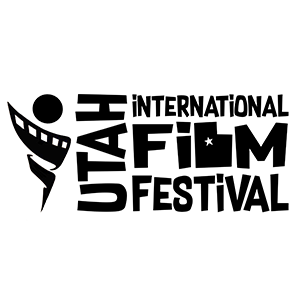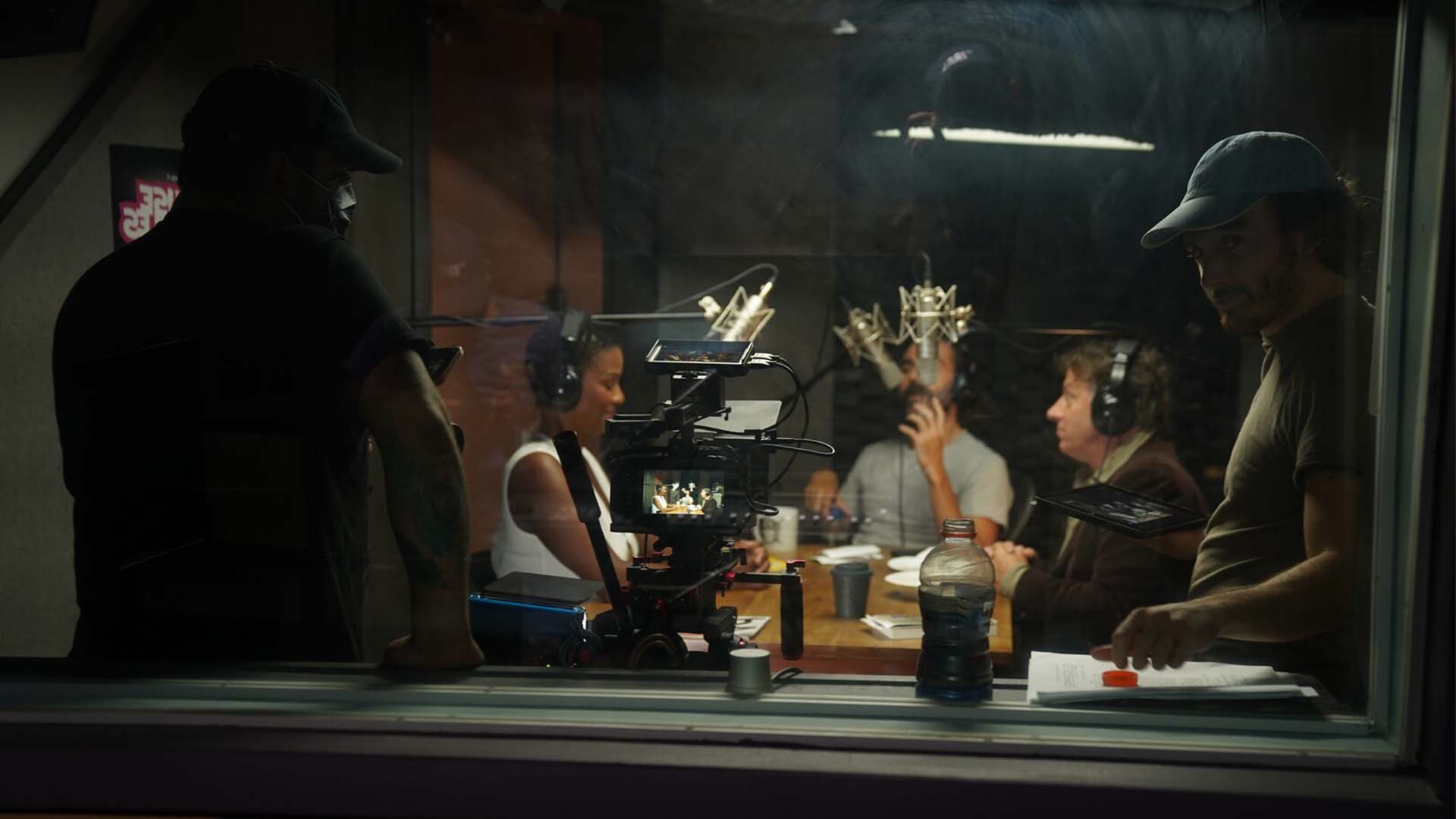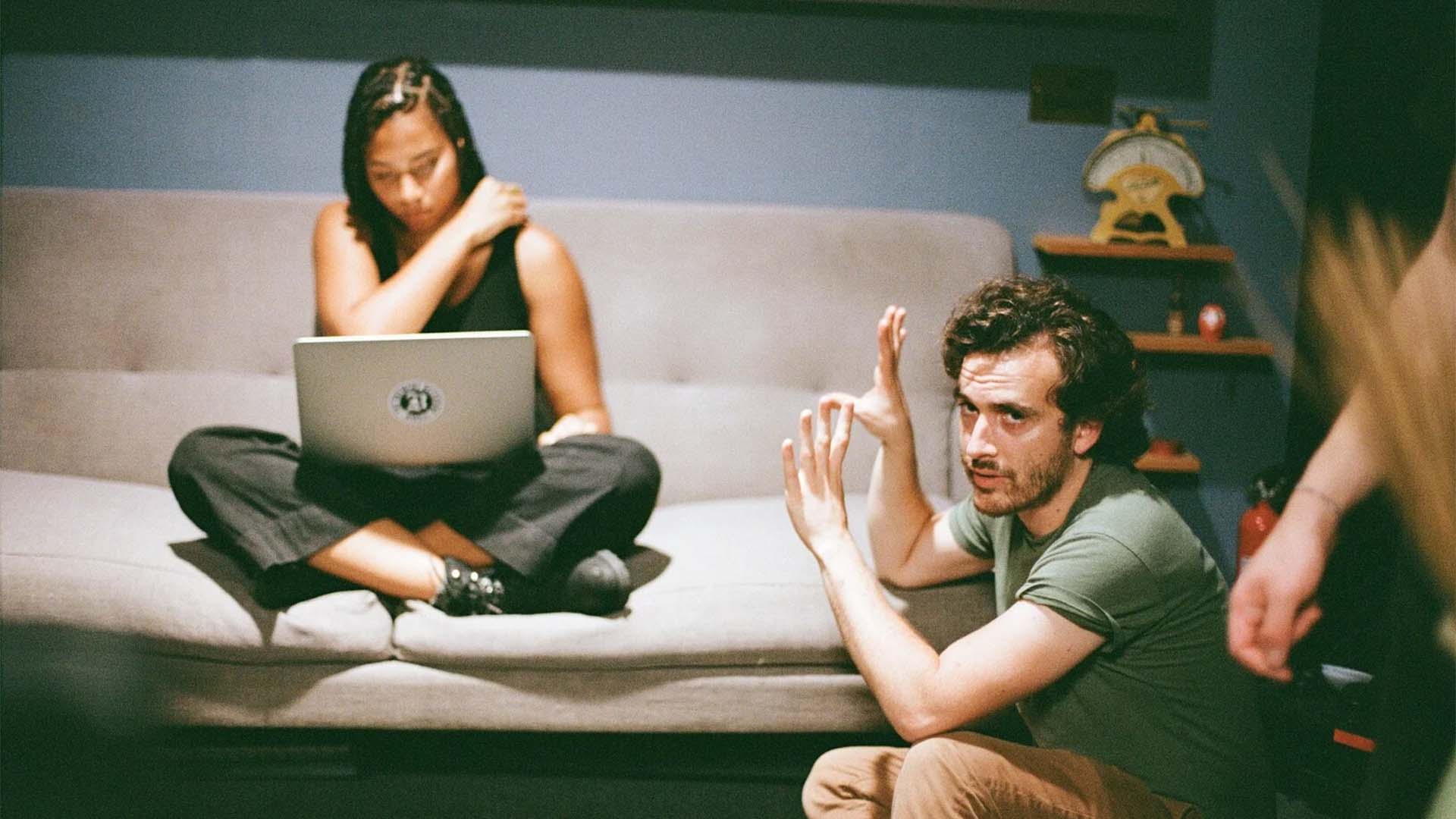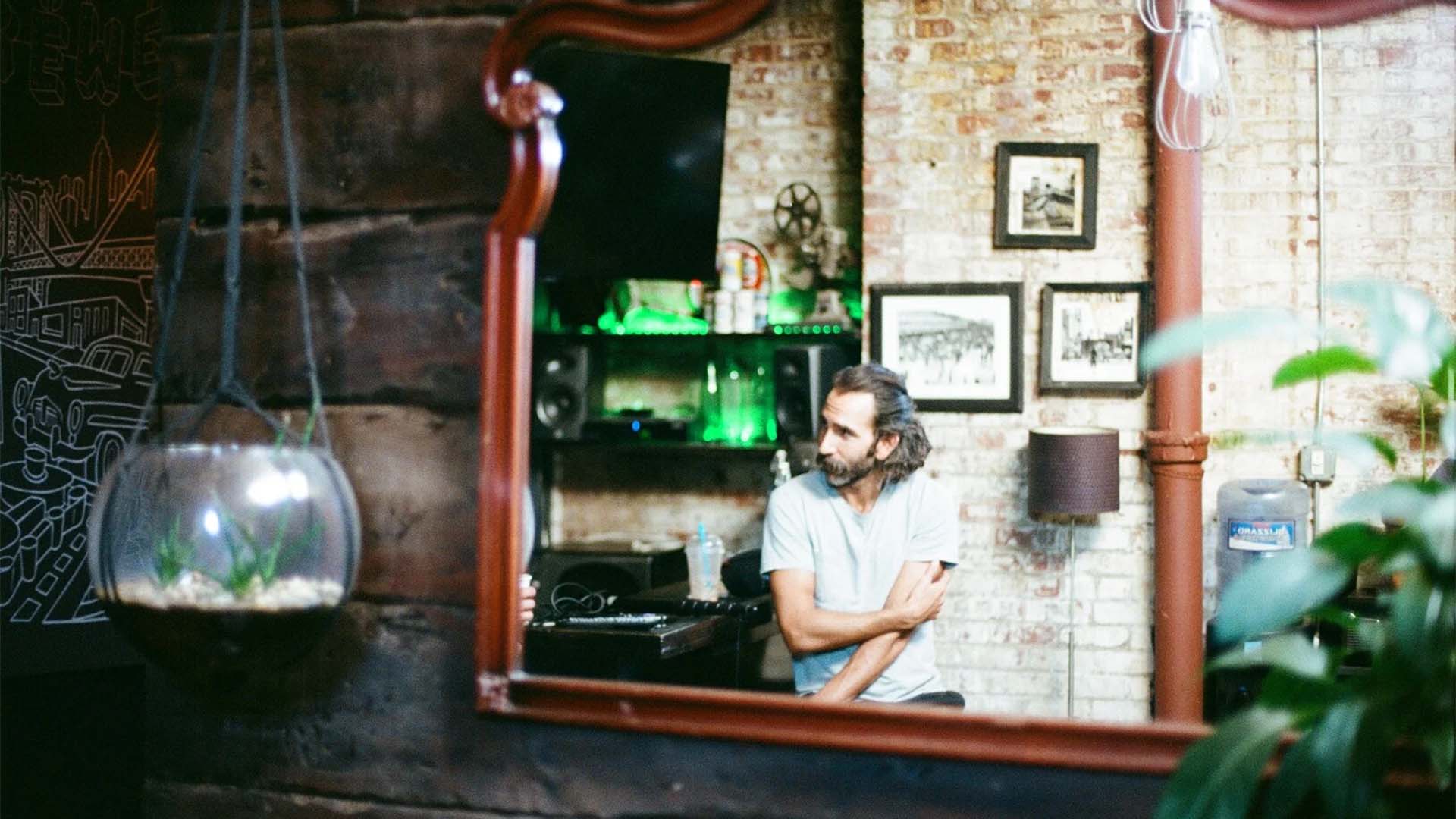Film Review: The Mix
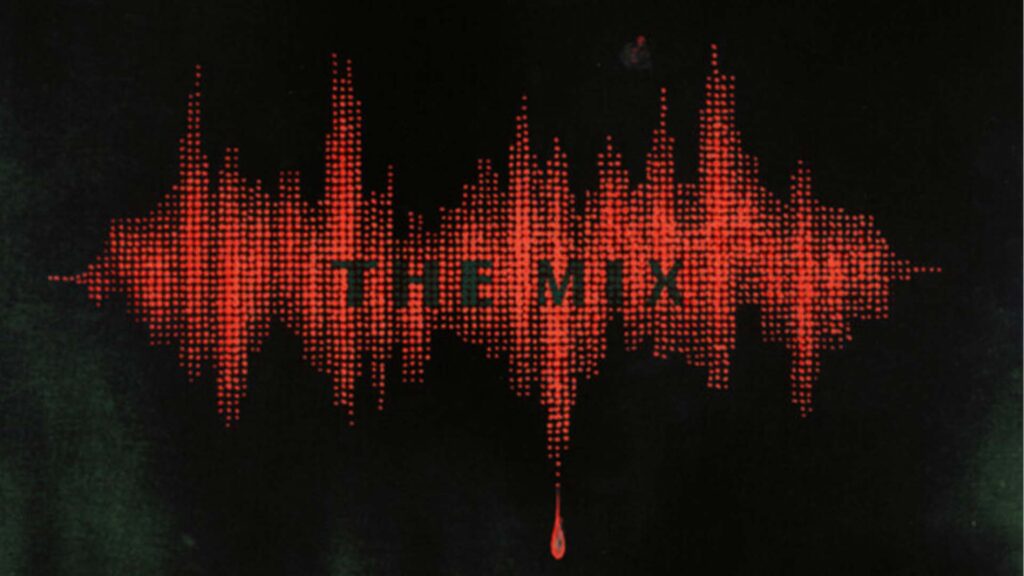
WARNING! This review contains SPOILERS!
Directed by Christian La Morte
The Mix takes a sharp-edged dive into the chaos of modern media culture, weaving a satirical thriller that exposes the dark, distorted influence of social networking on our communication and beliefs. The film follows audio engineer Becca (Sophia Lucia Parola) as she struggles to convince podcast host Sean Palermo (Thomas Philip O’Neill) to cancel a provocative live episode featuring Dr. Janet Weddley (Brandice Peltier), a controversial guest whose work ignites a storm of online rhetoric. As tensions mount, both inside and outside the studio, the film crescendos into a full-blown riot, leaving the audience with a chilling meditation on the power and peril of unchecked media narratives.
La Morte’s vision for The Mix is one born of frustration—a response to the growing tendency of individuals to parrot trending narratives without deeper inquiry. His director’s statement makes it clear: this film is less about offering solutions and more about posing the question, What is my individual role in our collective issues? That question reverberates through every frame of The Mix, embedding itself in the rapid-fire cuts, conflicting viewpoints, and the overwhelming noise that defines its world.
From the opening, the film sets a foreboding tone as Janet arrives at a crime scene-turned-recording studio, where a growing protest calls for the cancellation of Palermo’s Perspectives, Sean’s live podcast. The central topic of the episode is a scientific breakthrough in intelligence enhancement—ZN15, a serum capable of increasing IQ by 95%. Yet, as Janet attempts to discuss her research, her words are repeatedly drowned out—not just by her host and ideological opponents but by an overwhelming barrage of mixed media that fractures the conversation. Becca, meant to be producing the episode, becomes fixated on online discourse surrounding the guest rather than focusing on the show itself, frustrating Sean and further eroding the already-tense environment. What follows is a chaotic descent into violence, as rioters storm the building, forcing Becca and the guests into a safe room while Sean chooses to remain behind. When the dust settles, Palermo is nowhere to be found, the studio is trashed, and the ideological battle rages on, unresolved.
The Mix is a relentless sensory assault. The montage-heavy editing, laced with interruptions of social media clips and conflicting narratives, isn’t just stylistic—it’s purposeful, emulating the overwhelming noise that drowns out meaningful discourse in the digital age. The cinematography supports this vision, with sharp, kinetic framing that keeps the audience in a constant state of unease. The performances are equally committed, particularly O’Neill’s portrayal of Palermo, who toes the line between charismatic provocateur and oblivious puppet of his own rhetoric.
The film’s storytelling choices left me feeling unmoored. The disorienting nature of the edits, coupled with dialogue-muffling sound design and rapid perspective shifts, made it difficult to fully invest in any one character’s journey. At times I felt caught in the middle of an ideological battleground without an anchor unsure whether we were meant to empathize with the host, the guest, the producer, or the rioters. The film’s intent to capture the paranoid, fractured nature of modern media culture is clear, but in doing so, it sacrifices a singular narrative thread that might have grounded the experience.
The Mix leans more toward artistic expression than traditional storytelling. It’s less about delivering a structured narrative and more about immersing the viewer in a feeling—one of overwhelming discord and digital hysteria. For audiences drawn to experimental, avant-garde filmmaking, this short will undoubtedly resonate. For those looking for a clear-cut story, it may prove frustratingly elusive. Either way, The Mix accomplishes what it sets out to do: it forces us to confront the question of how deeply we are shaped by the information we consume and whether we are even capable of sifting through the noise.
